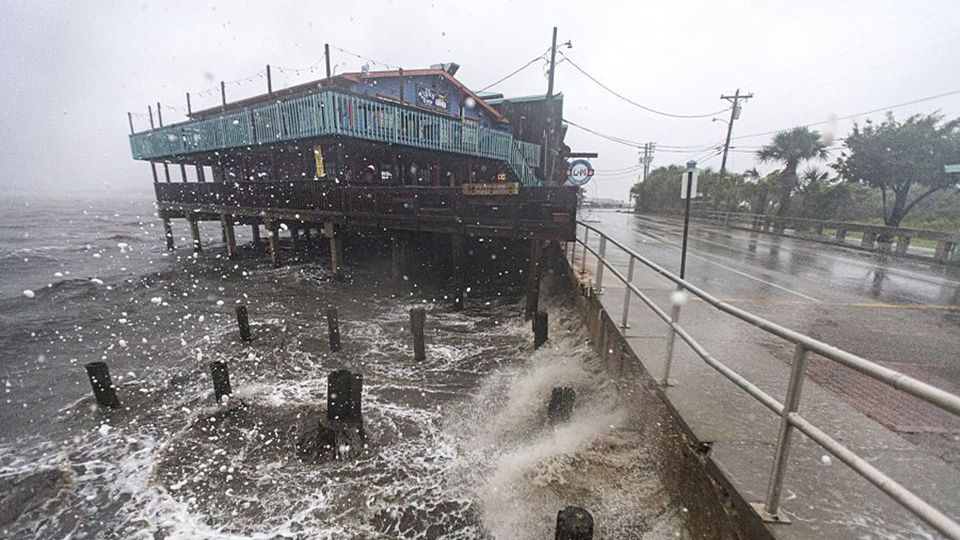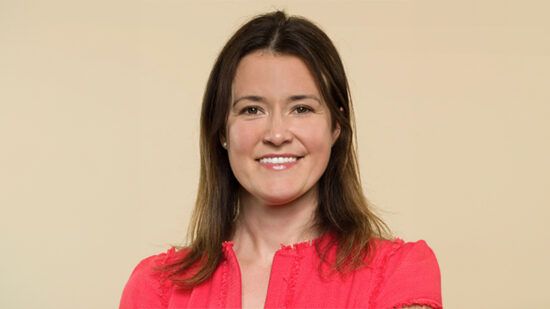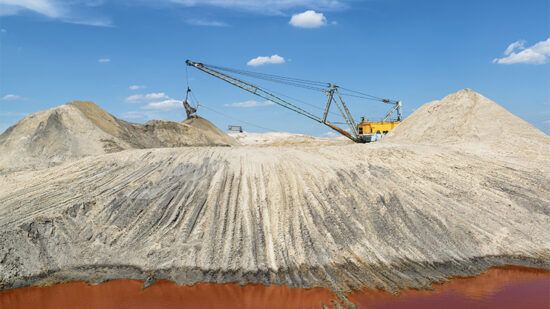Climate change and extreme weather rank as the biggest worries over the next two years of those polled for the latest Global Risks Report from the World Economic Forum (WEF).
Ahead of this year’s conference in Davos, Switzerland, which ran from 15-19 January, the WEF surveyed 1,490 experts across academia, business, government, the international community and civil society, on what they believed to be the top global risks we face in 2024 and their potential scale of impact.
Over an initial two-year period, climate change and extreme weather were at the top of the list of global concerns. Misinformation came in second place.
Over a 10-year period, those surveyed stated they were concerned about the ‘adverse outcomes of AI technologies’.
In the Global Risks Report 2024 from the WEF, published in January, before the recent conference, environmental risks continued to dominate over short and longer term time frames.
Two-thirds of those surveyed for the report ranked extreme weather as the top risk most likely to present a material crisis on a global scale in 2024, with the warming phase of the El Niño-Southern Oscillation (ENSO) cycle projected to intensify and persist until May this year.
Extreme weather is also seen as the second-most severe risk over the two-year time frame, and similar to last year’s rankings, nearly all environmental risks feature among the top 10 over the longer term.
Overall the report highlights a predominantly negative outlook for the world over the next two years that is expected to worsen over the next decade.
Surveyed in September 2023, the majority of respondents (54%) anticipated some instability and a moderate risk of global catastrophes, while another 30% expect even more turbulent conditions.
The outlook is markedly more negative over the 10-year time horizon, with nearly two-thirds of respondents expecting a stormy or turbulent outlook.
Andie Wood, vice president for regulatory strategy at Workiva, a global software company, said companies need to translate broad risk areas – such as misinformation and extreme weather – into clear actions they can take.
“Reports such as this one are a clear reminder that companies need to consider and address their resilience in an increasingly uncertain world. Going forward from this year’s WEF conference, it’s important for a company to take a second look at where it can make an impact, despite external factors being possibly out of its control.”
When looking at severe weather risk, companies may start to examine their dependence on local infrastructure and begin to contribute towards local resilience projects such as flood defences, she said.
For combating misinformation, it is crucial to ensure all information published by a company is robust, defendable and has a clear audit trail, Wood added.
“A clear idea of what can be controlled in the shorter-term can then help build a resilience roadmap that starts to address the ten-year risks highlighted in the report,” she said.








